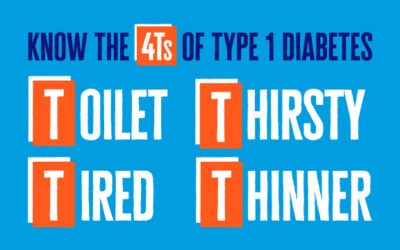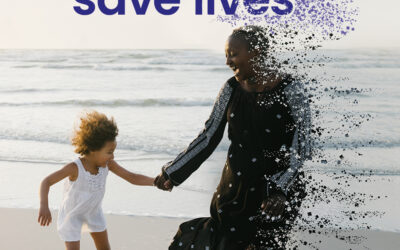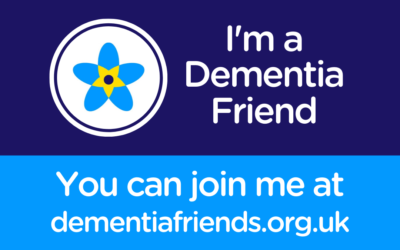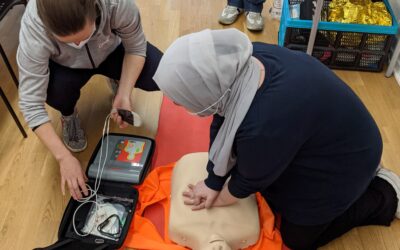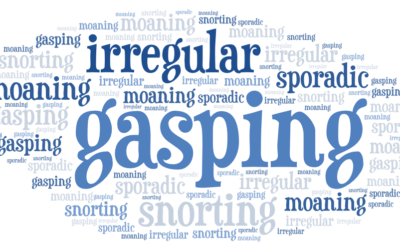Diabetes – a public health emergency?
Background Current statistics suggest that there are in excess of 4.9 million people in the UK who are diagnosed as diabetic. Cases of diabetes diagnoses have doubled in the last 15 years. One charity warns that up to one in 10 adults in the UK could have diabetes by...
Stroke: Act F.A.S.T
Stroke strikes every five minutes in the UK. It can happen to anyone, of any age, at any time. There are two types of stroke: Ischaemic strokes are caused by a blockage (usually a blood clot) cutting off the blood supply to the brain. About 85% of strokes are...
Become a Dementia Friend – We have!
Join the Alzheimers Society campaign to change public perception and improve the lives of people living with and affected by, Dementia. Dementia is not a normal part of ageing, nor is it an inevitable part of growing older. Dementia is an umbrella term and is caused...
“It’s not getting old, it’s getting ill.”
Dementia is a term used to describe a number of different conditions that damage the brain, including Alzheimer's disease, vascular dementia and frontotemporal dementia. In the early stages of dementia, a person’s symptoms are often relatively mild and not always easy...
What Can I Do to Help?
In 2020, 5224 suicides were registered in England & Wales. Over 200 school children take their own lives every year. Every life lost to suicide is a tragedy. The Samaritans compiled "S.H.U.S.H" - a series of listening strategies that you can use if you are worried...
4 Benefits of First Aid Training
The Health and Safety (First-Aid) Regulations 1981 require businesses to provide adequate and appropriate first-aid equipment, facilities and trained staff so that your employees can be given immediate help if they are injured or taken ill at work. In most workplaces...
‘Cough CPR’ Myth
The ‘cough CPR’ myth has been circulating the internet for a while now, especially on social media sites. If you come across it, please avoid sharing and spreading it any further and consider letting the person who posted it know that there’s no truth in it....
Teach your child ‘999’
From a very early age children have the capacity to remember and recite lots of information. Teaching children what to do in an emergency doesn't need to be frightening. Obviously, we want to keep it age appropriate, but knowing what to do and how to get help actually...
What is Agonal Breathing?
Agonal breathing is the medical term for a certain type of gasping for air, usually during a cardiac arrest. It should not be mistaken for 'normal breathing' and can sound like: Gasping Snorting Moaning Sporadic breathing Agonal respiration most often happens after...

